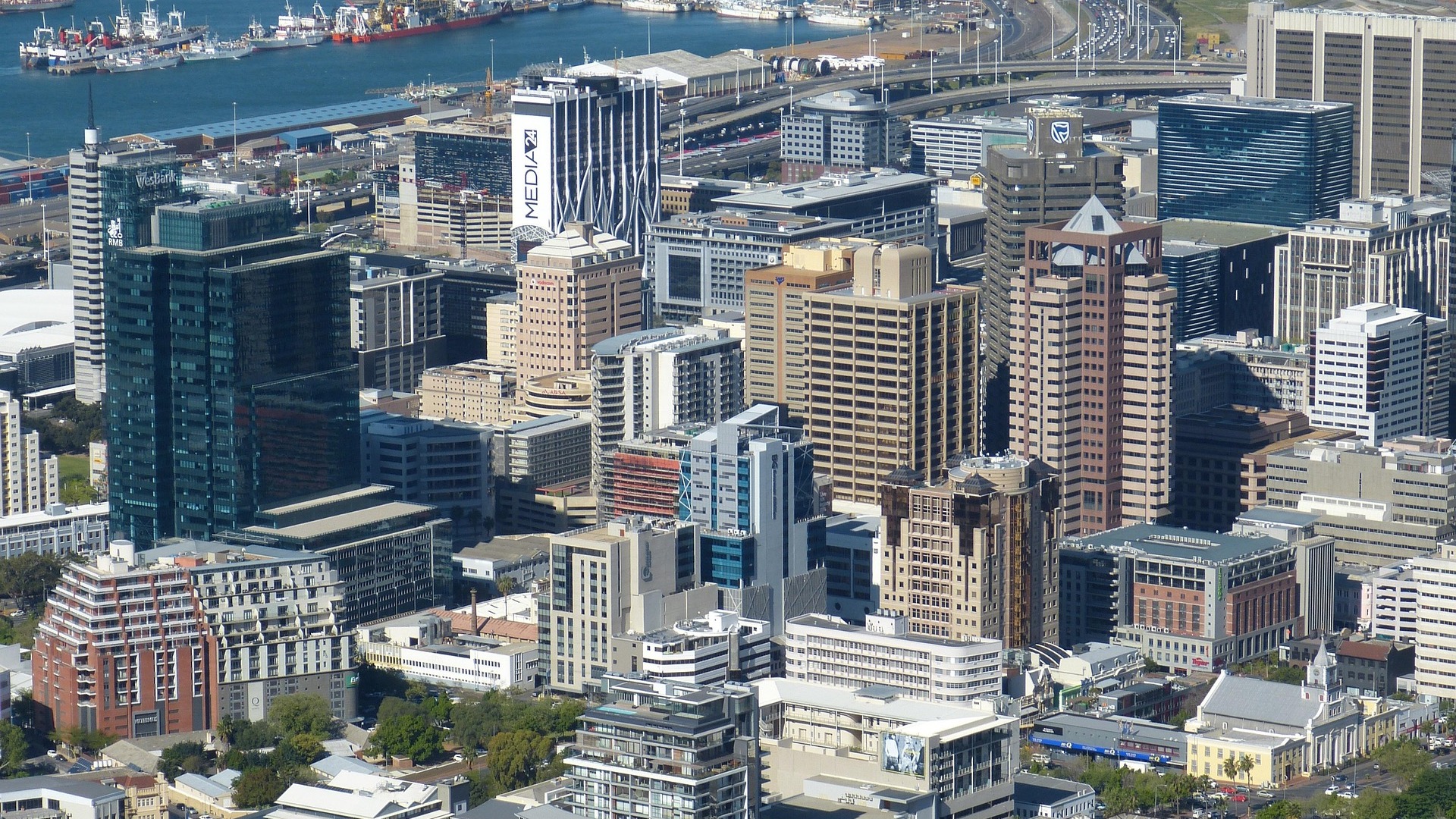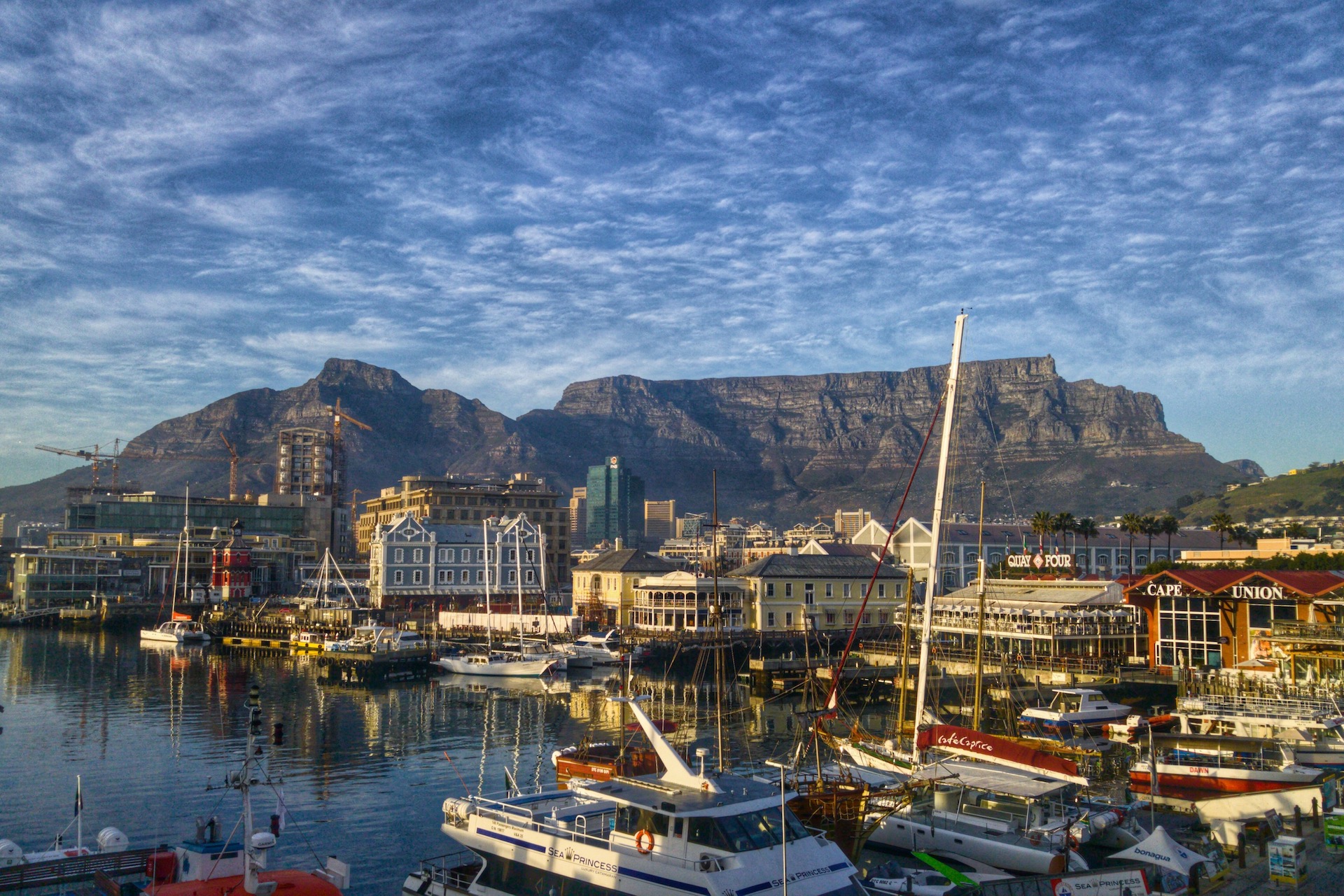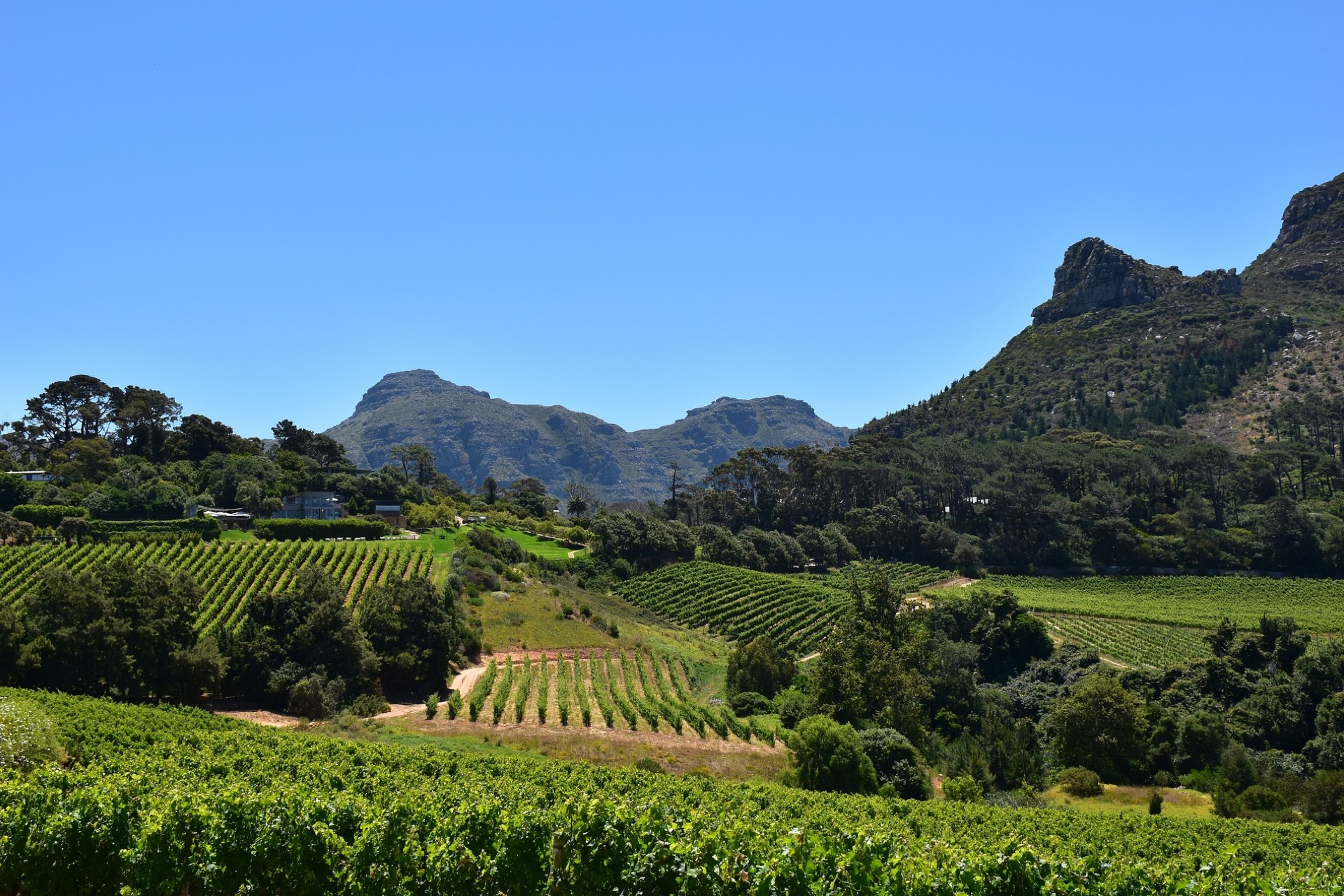Welcome to Cape Town
Cape Town, known as the Mother City, is South Africa's legislative capital and second-largest city, home to over 4 million people. This stunning metropolis seamlessly blends African heritage with European colonial influences and modern cosmopolitan development, creating a unique atmosphere that captivates visitors from around the world.
Located at the southwestern tip of Africa where the Atlantic and Indian Oceans meet, Cape Town serves as the country's legislative capital and cultural hub. The city combines Dutch colonial architecture with modern developments, historic townships with upscale neighborhoods, and traditional African cuisine with world-class international dining, offering an authentic glimpse into South Africa's complex past, vibrant present, and promising future.



